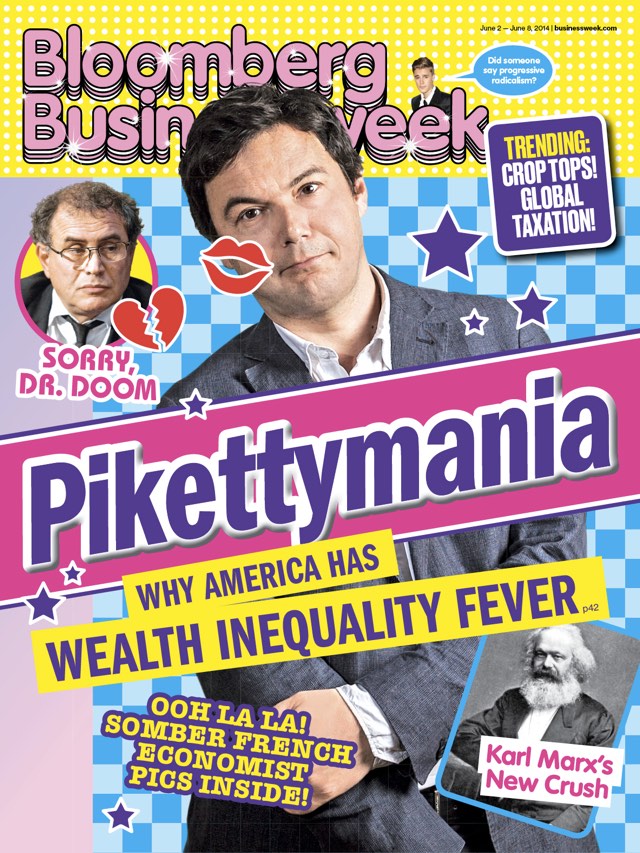(inspired by Zombies: Seriously, Enough, Zombies Are So Overdone, and Scifi/Fantasy Stories Editors Are Tired Of Seeing: Zombies)
He walked into my office and threw the manuscript on my desk with a thud.
“It’s called Thankful For Zombies. A zombie story where…”
“Nope,” I said.
His face deflated like a balloon. “But I didn’t even…”
“Zombies are overdone,” I said.
“But this is a zombie story with a twist!”
“Zombie stories with twists are super overdone.”
“But this is a story about an extended family who get together for Thanksgiving dinner, only to be interrupted by a zombie apocalypse. It’s a Thanksgiving story about zombies. You have to admit that the combination of zombies and Thanksgiving has never…”
“Done,” I said.
“Wait, really? The family starts out estranged and suspicious of each other, but then when they all have to work together to…”
“Done,” I said.
“How could that have been done?”
“Listen. I know you won’t believe me, but for the past ten years or so, the best literary minds of our generation have been working on creating zombie stories just different enough from every other zombie story around to get published. First the clever and interesting twists got explored. Then the mediocre and boring twists. Then the absurd and idiotic twists. Finally the genre got entirely mined out. There is now a New York Times bestselling book about zombies invading Jane Austen’s Pride and Prejudice. If your idea isn’t weirder than that, it’s been done. And that’s the logical ‘if’. If your idea is weirder than that, it has also been done.”
“I will get Thankful for Zombies published,” he said.
“You won’t,” I advised him.
“I just have to think of an original angle.”
“You really won’t,” I told him.
“The zombies are the good guys,” he proposed.
“Done.”
“The zombies are smarter than humans.”
“Done.”
“In the end, we ourselves are the zombies.”
“Done.”
“A human girl falls in love with a zombie.”
“Done.”
“Okay, fine. Toss the Thanksgiving angle. There’s got to be some zombie plot that will be fresh and new.”
“I promise you, there’s not.”
“Zombies in space.”
“Done .”
.”
“Zombies from space.”
“Done.”
“Zombies are space.”
“Done.”
“Zombies in Victorian England.”
“Done ‘”
‘”
“Zombies in Edwardian England.”
“Done .”
.”
“Zombies in Shakespearean England.”
“Done .”
.”
“Shakespeare was a zombie, and all of his plays are just the word BRAAAAAAIIINS repeated over and over again.”
“Done, for some reason.”
“A young zombie comes of age.”
“Done.”
“A middle-aged zombie wonders if her single-minded focus on career success has prevented her from becoming the kind of zombie she wanted to be when she was younger.”
“Done.”
“An elderly zombie contemplates death.”
“Zombies are already dead.”
“Then I can…”
“…and yet it’s still been done.”
“A zombie in the Vietnam War.”
“Done.”
“A hippie zombie at Woodstock.”
“Done.”
“Strong female zombies.”
“Done.”
“Jewish zombies.”
“Done.”
“Black zombies.”
“Done.”
“A gay zombie struggling to fit into a homophobic zombie society.”
“Come on, this is the 21st century. Done like ten times. One of them won the Booker.”
“Gender-questioning zombies.”
“Done.”
“An immigrant zombie comes to America, with nothing but the decaying shirt on his back, knowing only a single word of English.”
“All zombies only know a single word of English. Also, done.”
“Nazi zombies.”
“Done.”
“Vampire zombies.”
“Done.”
“Pirate zombies.”
“Done.”
“Obstetrician/gynaecologist zombies.”
“Done.”
“Zombie Hitler.”
“Done.”
“Zombie Henry VIII.”
“Done “.
“.
“But what if it was told from the perspective of Anne Boleyn?”
“Done.”
“Zombie Leonardo da Vinci.”
“Done.”
“Zombie Jesus.”
“Done. By three guys named Matt, Luke, and John.”
“Zombie Buddha.”
“Done.”
“Zombie Mohammed.”
“Done. As is the author, if you get my drift.”
“Zombie Zoroaster.”
“Done.”
“A parody subverting zombie stories.”
“Super done.”
“A parody subverting zombie stories lampshading how overdone they are.”
“Super duper done.”
“Hmmmm.” He thinks for a second. “Hold on, I’m remembering something from my college math class that might work here. You take all the zombie novels ever written, and you put them in some well-ordering, for example from first to last published. Then you make a new novel, consisting of the first page of the first novel, the second page of the second novel, and so on. But you change each page just a little bit. Since we know the first page of the new novel is different from the first page of the first novel, and the second page of the new novel is different from the second page of the second novel, by extension we know that there is at least one page on which the new novel is different from each zombie novel currently in existence. That means that the new story is provably original.”
“Done.”
“I don’t think you understand; it’s mathematically impossible for…”
“No, I mean there’s a story about a zombie doing that.”
“Oh.” He furrowed his brow. “A zombie superhero.”
“Done.”
“Steampunk zombies.”
“Done. I think now you’re just trolling me.”
“Motorcycle gangs of zombies.”
“Done.”
“A zombie story that’s a metaphor for how…”
“Done.”
“I didn’t finish!”
“You didn’t have to.”
“A zombie gets cancer.”
“Done.”
“A zombie gets depression.”
“Done.”
“A zombie tries to write zombie fiction.”
“Done.”
“A zombie tries to write zombie fiction about a zombie trying to write zombie fiction.”
“Done.”
“A zombie tries to…”
“It’s done all the way down.”
“Young free-spirited zombies trying to see America.”
“Done.”
“A story that starts off as being about a fantasy society of knights and damsels, but at the very end it’s revealed everyone is a zombie.”
“Done.”
“A story that starts off as being about a young woman’s struggle to succeed in 1980s Wall Street, but at the very end it’s revealed everyone is a zombie.”
“Done.”
“A story that starts off as being a paleontology textbook about the fauna of the Lower Cretaceous, but at the very end it’s revealed everyone is a zombie.”
“Twist zombie endings are done.”
“A zombie…a zombie riding a giant purple emu through 17th century Ireland teams up with the pre-ghost of Thomas Jefferson to investigate a crime in which time-traveling flamboyantly gay sapient hippos have murdered the Secret Protestant Pope in order to initiate the Jain apocalypse, with liberal quotations from and allusions to the works of Edgar Allen Poe Thomas Pynchon and the medieval Rolandic cycle, and also the whole thing is a metaphor for Republican resistance to climate change legislation.”
I thought for a moment. “Okay,” I said. “That particular plot has not, technically, been done. But no one would read it.”
“They will,” he said.
“You’d be wasting your time to write it.”
“I’m writing it,” he said.
“Suit yourself. Put it on my desk when you’re finished, and I’ll take a look at it. But your chances aren’t good.”
“I don’t care,” he said, and left.
I sighed, finished up my last couple of pieces of paperwork, and shambled home from the office. On the way out, I ate my secretary’s brain.


























